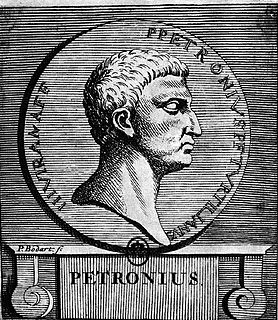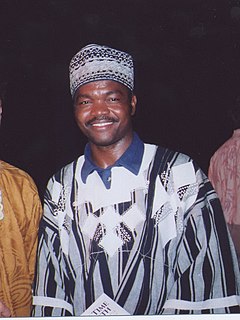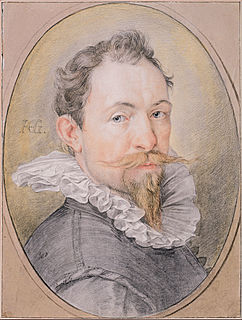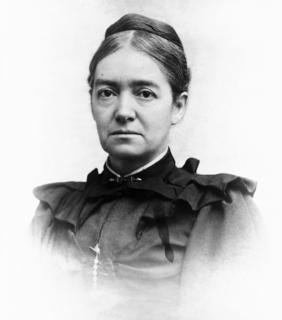A Quote by Harriot Kezia Hunt
The physician must not only be the healer, but often the consoler.
Related Quotes
When two people become entangled, one person will conform to the energy of the other person. When one of them is a healer whose cells are vibrating at a higher level, the client's cells become entangled, and their energy is lifted. That's why that old saying, "physician heal thyself," is so important, even though most don't understand it: If the physician's energy is going to influence or, in scientific terms, "entrain" the patient's, the doctor's must be higher.
If you discuss the beliefs of Christianity with the village diviner, the medicine man, he will say the white man must be extremely stupid. The white man must be profoundly troubled - probably torn by a huge guilt connected to how he treated the ancestors - to think that villagers would buy the idea that someone died on the cross for us. They would say these beliefs are evidence that the white people killed someone of great importance, probably a diviner and a healer. If you kill a healer, you must make amends by appeasing the healer's spirit.





































